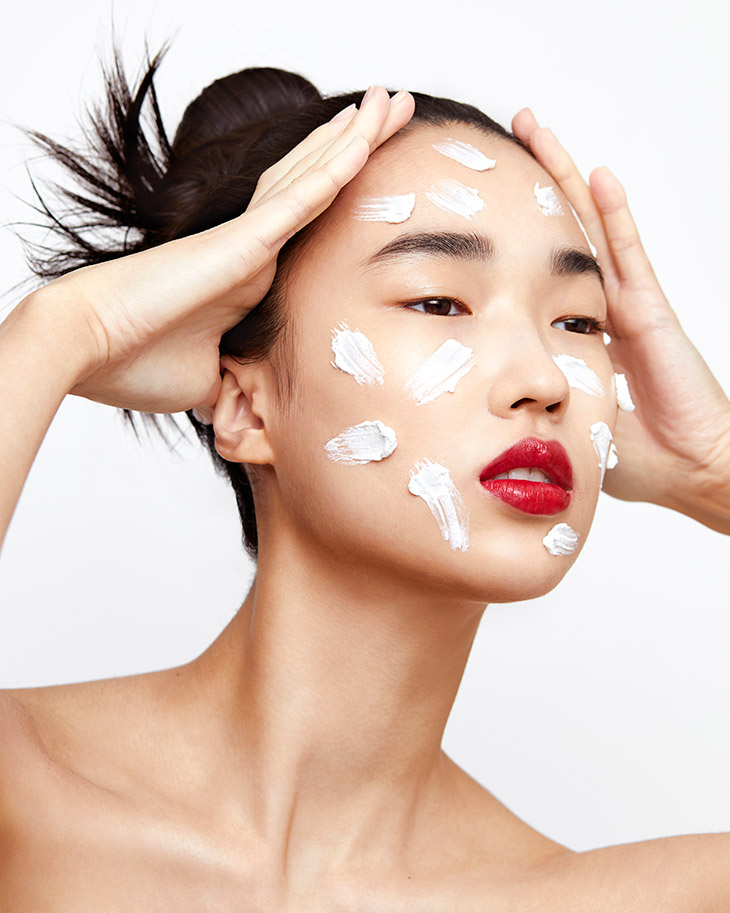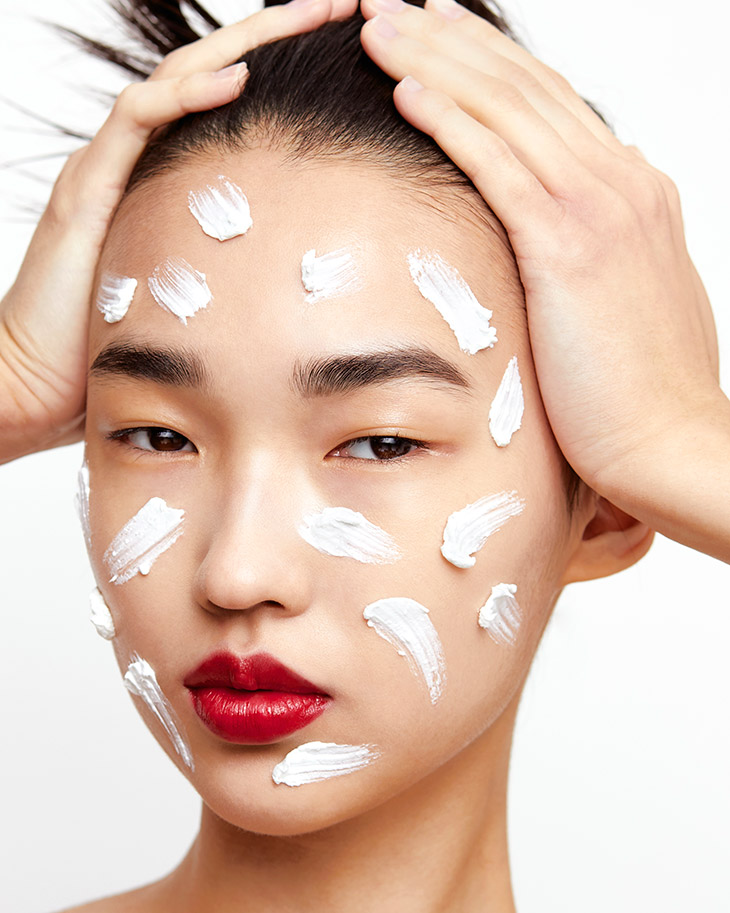
Many of us associate acne with puberty, but did you know it can affect adults too? Explore the reasons why we can develop this skin condition in adulthood and the most effective methods of treatment.
What is Adult Acne?
Acne is a common skin condition that impacts up to 50 million Americans annually. When it occurs in people aged 20 and above rather than teenagers, it’s classed as adult acne. An overproduction of oil stops the skin and pores from functioning properly, leading to clogging which shows as spots.
Acne can look different from case to case. Usually, it presents as blackheads and whiteheads or a rash of papules or pustules, but you can also experience more severe cysts. Nodular acne is a form of the condition which develops deep under the skin, presenting as painful red bumps on the surface.
What Causes Adult Acne?
A variety of factors can trigger acne, making it a frustrating condition to try and treat – and stress only makes it worse. The main reasons behind adult acne are:
- Hormone levels: Shifting hormone levels can cause changes in your body including pH imbalance and inflammation which in turn triggers a response from your skin. This is why adult acne is more common in women, and why it impacts a significant proportion of teenagers.
- Genetic predisposition: That’s right – it could be your parents’ fault!
- Skincare & haircare: Using oil-based products can block pores, and over time the build-up of oil, dirt, and dead skin cells can lead to acne.
- Diet: It’s thought that dairy, carbohydrates, and foods high in sugar can cause acne breakouts. Hydration is essential to healthy skin, so not drinking enough water can be a trigger too.

How Can You Treat Adult Acne?
Common Treatments
Simple switches can be all it takes to calm mild acne. Swapping to a non-comedogenic moisturizer which won’t clog your pores helps to prevent the overproduction of sebum while maintaining healthy hydration levels. You could also speak to a pharmacist about topical treatments available over the counter to target stubborn spots during flare-ups.
Maintaining a consistent sleep routine, drinking plenty of water, and managing your stress levels through self-care activities like yoga can also reduce the likelihood and/or severity of breakouts. For moderate to severe acne, your family doctor might recommend retinoids that speed up the turnover of skin cells so dead cells don’t linger on the surface of the skin. They could also prescribe antibiotic tablets or, for women, the combined contraceptive pill.
Advanced Therapies
For persistent or severe cases, dermatologists may recommend advanced treatments such as chemical peels or blue light therapy to clear blemishes more effectively. Laser resurfacing is another option for reducing post-acne scars when managed by an experienced professional. Additionally, oral medications like spironolactone help regulate hormonal imbalances that contribute to adult acne.
Advanced therapies for adult acne offer a range of effective solutions tailored to individual needs and the severity of the condition.
In addition to laser treatments, chemical peels and microdermabrasion are widely used to enhance skin texture and reduce acne lesions.
Chemical peels, work by exfoliating the top layers of skin, removing dead cells, and promoting regeneration, which can significantly improve acne-prone areas.
Microdermabrasion employs medical-grade crystals to gently exfoliate the skin, clearing debris and brightening the complexion. These treatments are particularly beneficial during recovery stages but should be avoided on active acne to prevent irritation.
Furthermore, oral isotretinoin remains a cornerstone for severe cases, addressing all four major causes of acne – bacteria, clogged pores, excess oil production, and inflammation – with long-lasting results.
Combining these advanced therapies with tailored skincare regimens ensures comprehensive care that not only targets acne but also supports overall skin health.
When to See a Dermatologist
If you have lots of papules and pustules which are apparent on your chest and back as well as your face, you should see a dermatologist. These experts are also best placed to treat painful nodules deep in the skin and manage your condition in a way that reduces your chance of or lessens the appearance of acne scarring.
In conclusion, while adult acne may feel discouraging, understanding its causes and exploring tailored treatment options can help manage symptoms effectively.
Images from So Fresh by Montana Lowery – See the full story here



